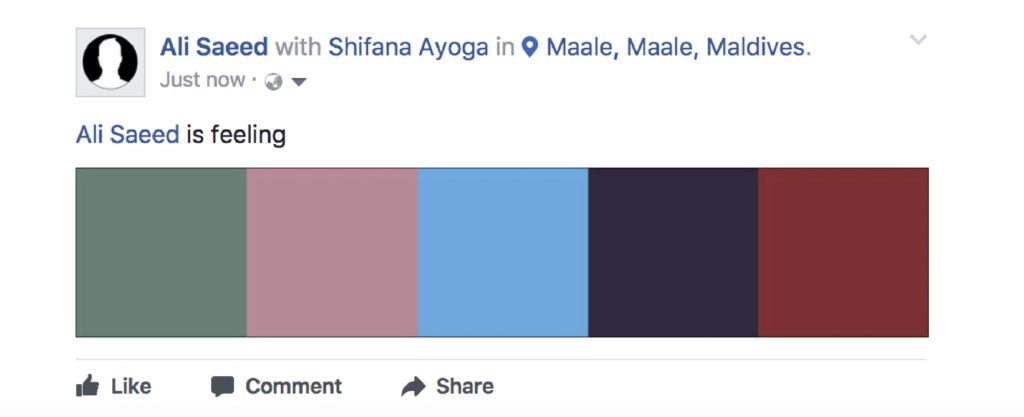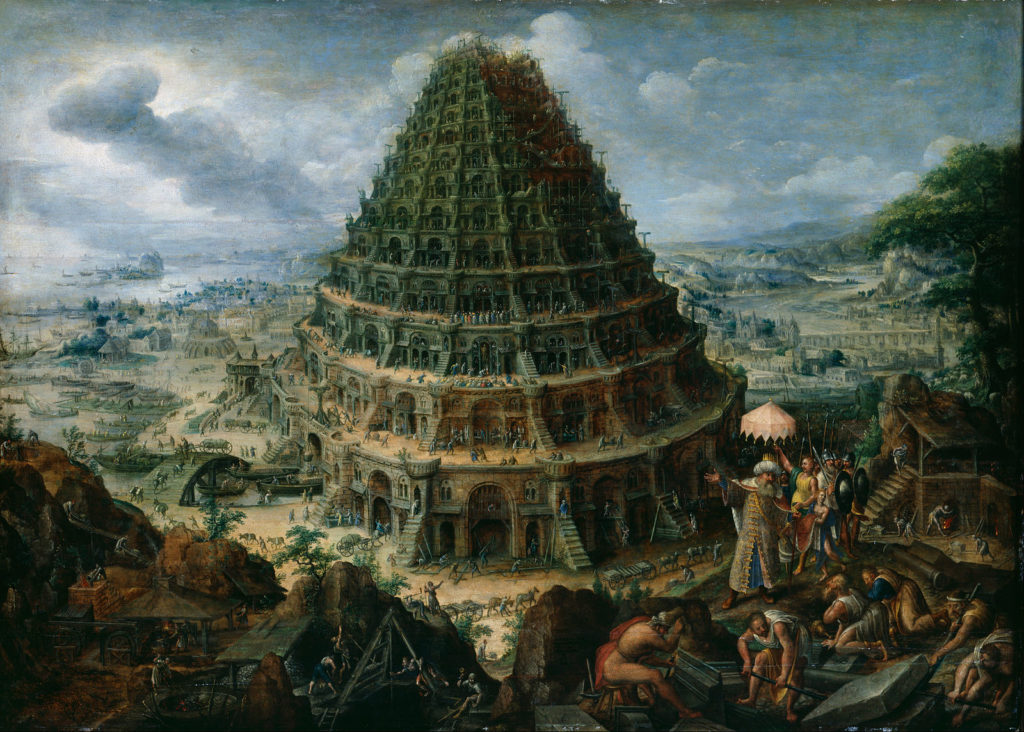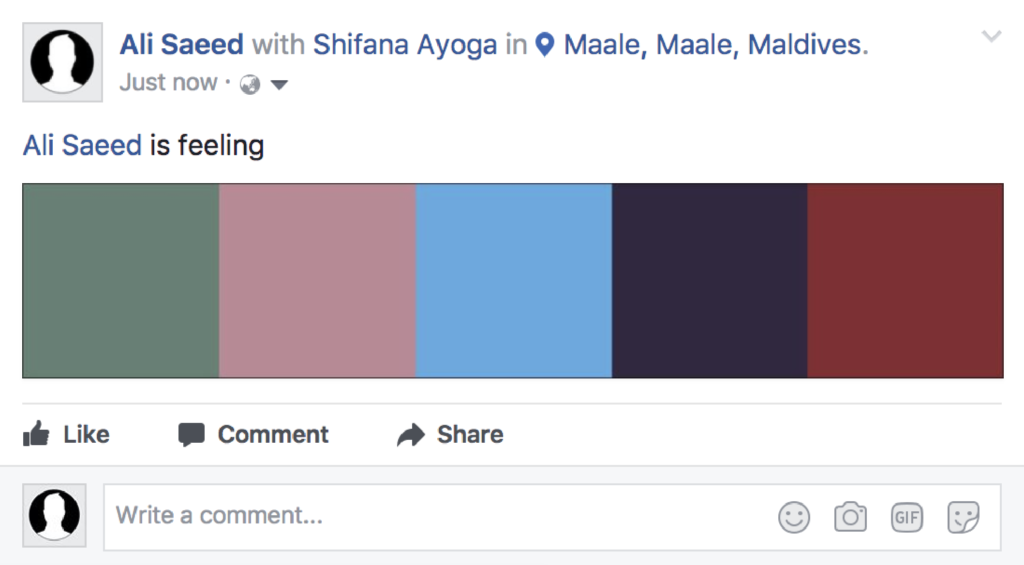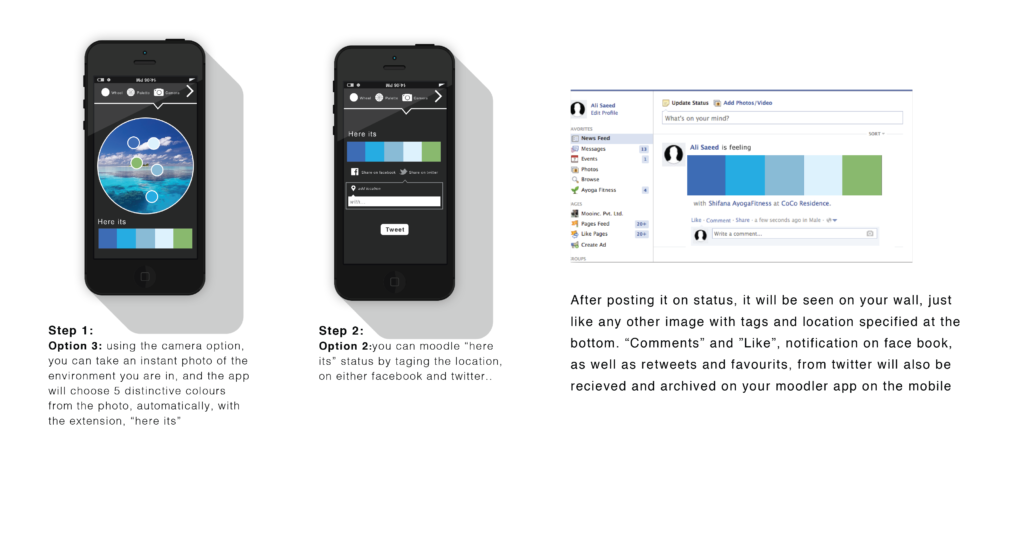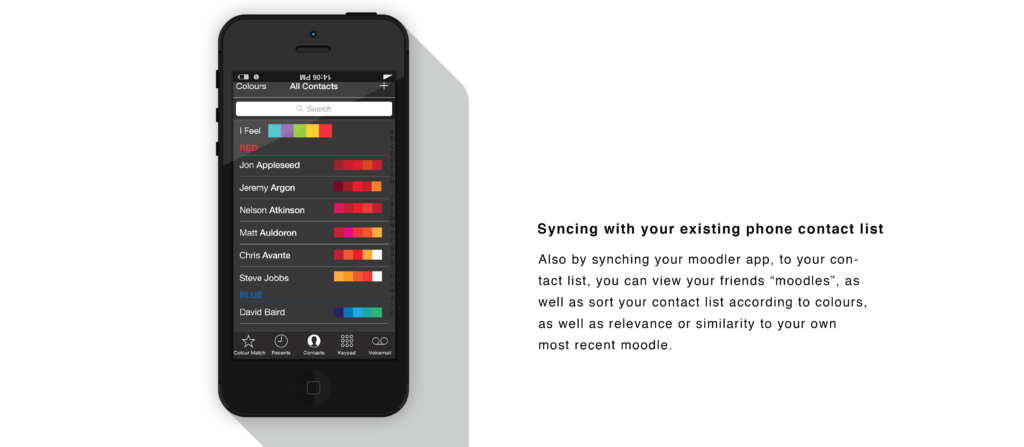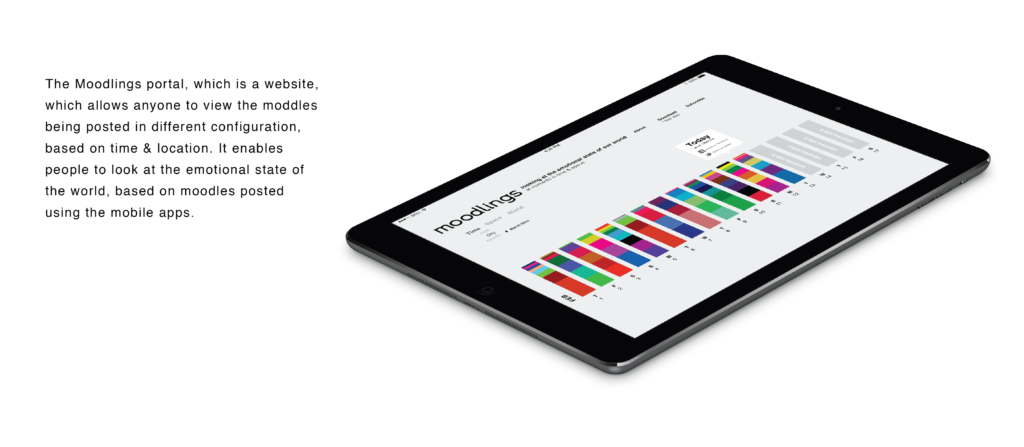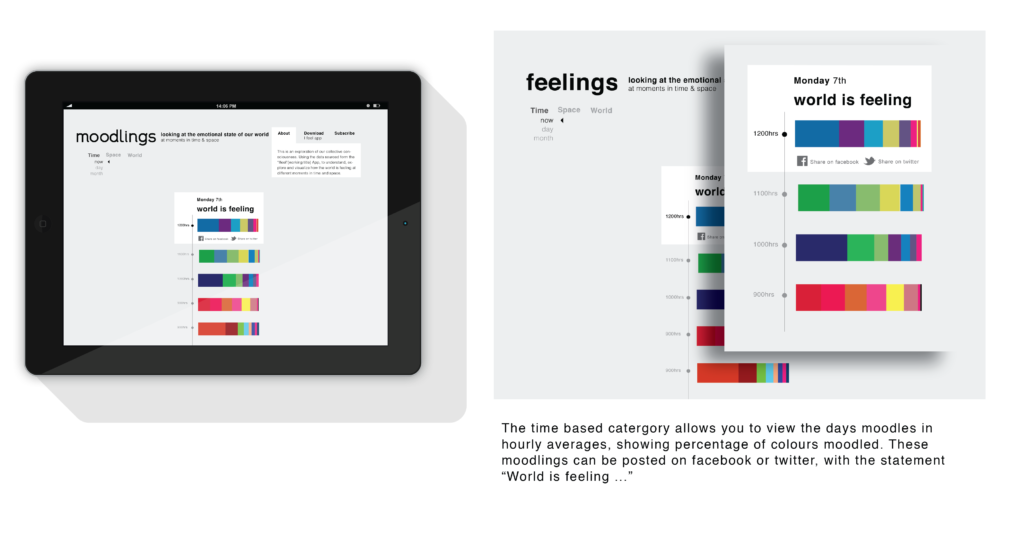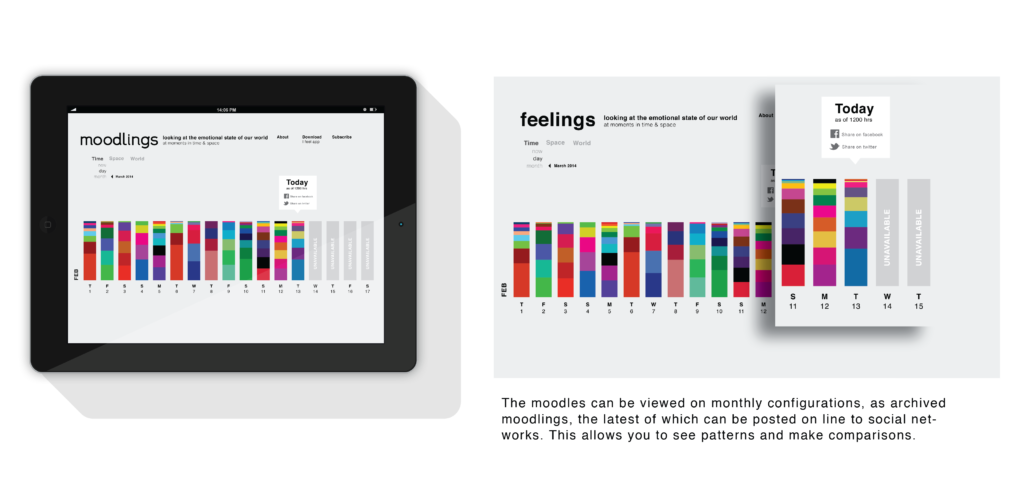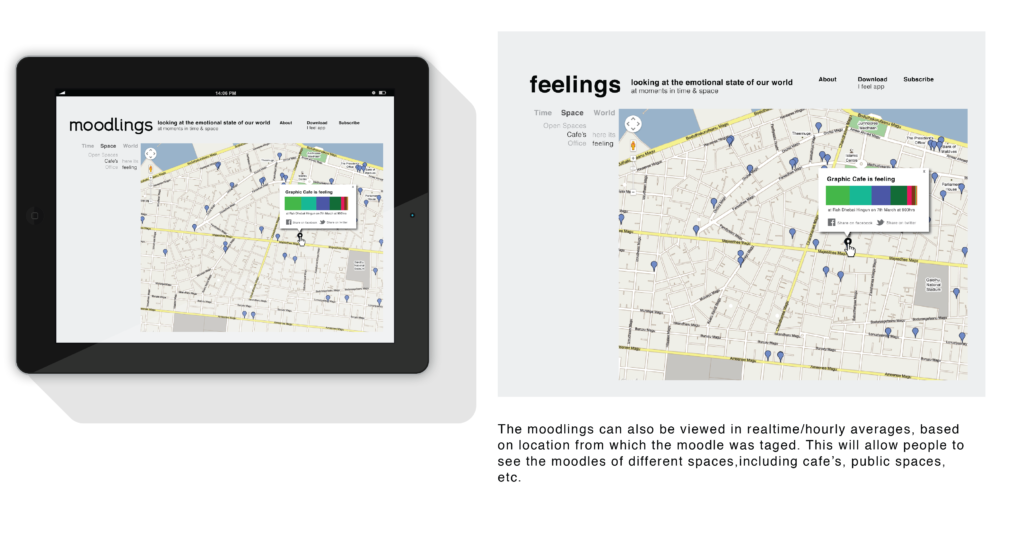Introducing Moodler – the language of pluralism
In the last couple of articles I have talked about how the Internet, as arguably mankind’s greatest accomplishment, has brought us closer together, as well as divided us. It is one of the greatest paradox of our age. To get some perspective on what is happening now, its possible to identify parallels within the history of human civilisation, and observe similar patterns of how our motivation to come together has in affect pushed us further apart. One of the most significant parallels is recorded in the Book of Genesis, within in the story of “Tower of Babel”.
Here is an extract from Wikipedia which sums of the story very concisely:
“According to the story, a united humanity in the generation following the great flood, speaking a single language and migrating eastwards, comes to the land of Shiner (Hebrew: ) There under the influence of Nimrod the worlds first dictator, they agree to build a city and a tower tall enough to reach heaven. God observing their city and tower, confounded their speech so that they can no longer understand each other, and scatter them around the world”
Marten van Valckenborch the Elder – The Tower of Babel (yr. 1595)- Google Art Project.jpg
It is quite possible that what was seen as wrath of God for questioning his omnipotence was misconstrued, but in fact God wanted his power to be challenged, not by a singular dictator at the helm, through a symbolic gestures or structure, but by humanity as a whole, bypassing physicality & geography as a whole. No less significant the story is symbolic in regard to man’s innate instinct to pool together their resources and share information. In the Internet we may have found the foundation of a modern day Babel tower, which will finally allow us to overcome the barriers imposed on us by God some 4000 years ago. Information is more accessible, & communication more seamless, but we still fall short as a species to utilise this new feat to bring us closer together for a common purpose, or to unite us as a singular force. Due to the fast pace of these technological advancements & adaptation within all spectrum of society, many who have grown up without the Internet, tended to find safety in conventionally distinctive and smaller groupings , i.e. physicality (sexism), appearance (racism), and space (patriotism). This in the end, as I have described in “The GREAT DIVIDE”, created further divisions and conflicts between generations, causing political turmoil, polarisation of views, through differing experiential reality. Disillusionment amongst the youth for conventional political & religious institutions to provide solutions for there socio-economic welfare and spiritual wellbeing, corresponds respectively with the rise of political conservatism and religious fundamentalism, to impede progression towards an alternative. This might well be a transitional phase, where full potential of Internet to enable humanity to reign supreme over the omnipresence of a singular Dictator or God, will have to wait until some of us who were born before its invention, become obsolete and die.
To conclude, a Babel Tower in some form is inevitable, and Moodler (a mobile app) is my small contribution to achieving it. The main premise of the app, is to find an alternative to conventional languages which confines us within a specific reality based on geographical space, and create a mode of expression which brings us closer together, more accommodating to the idea espoused by the new digital landscape. Social Networks like Facebook and Twitter rely on conventional languages to allow expression of individual thoughts (i.e. “whats on your mind”) and situational perspective (i.e. “whats happening now”). Conventional language relies on arrangement of a sentence from a vast vocabulary words, which in itself differs geographically, meaning the full potential afforded by these digital networks to formulate an objective truth through consolidation of subjective expression becomes much more difficult. Moodler strives to solve this by providing an alternative mode of subjective expression for our individual feelings and emotions which can then allow it to be measured in relation and in comparison to each other, to decipher a united point of view of a much more “objective reality”.
Unfortunately the moodler mobile app, is at beta stage, and certain glitches needing fixing, before it can be launched. The moodlings web interface still needs further funding to continue into programming phase. I want to thank Kodefly, especially Haris Ali, who who has collaborated with me on this project 3 years back while he was studying. It been on halt, as we both couldn’t afford the time to take it further. Hopefully we will be able to go back to it soon. if anyone is interested in supporting this project in any capacity, let me know. My contact details are available from this website.
